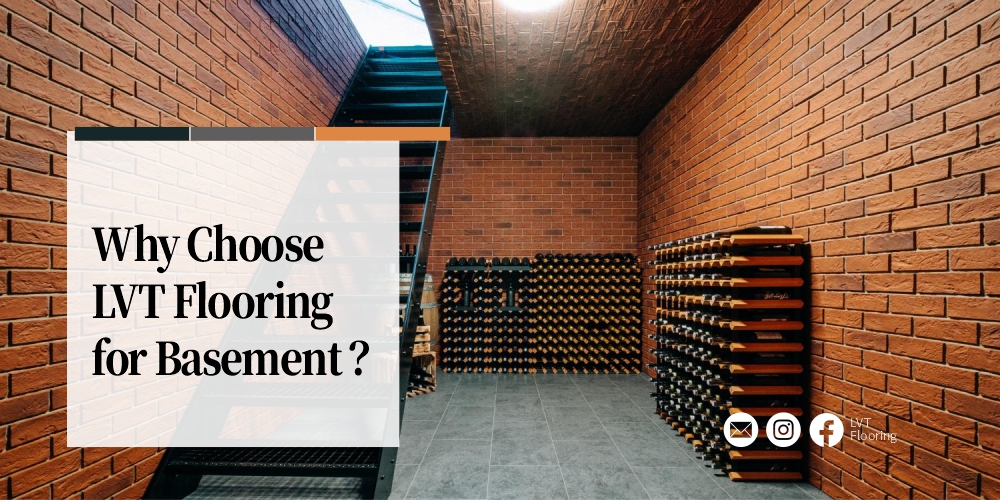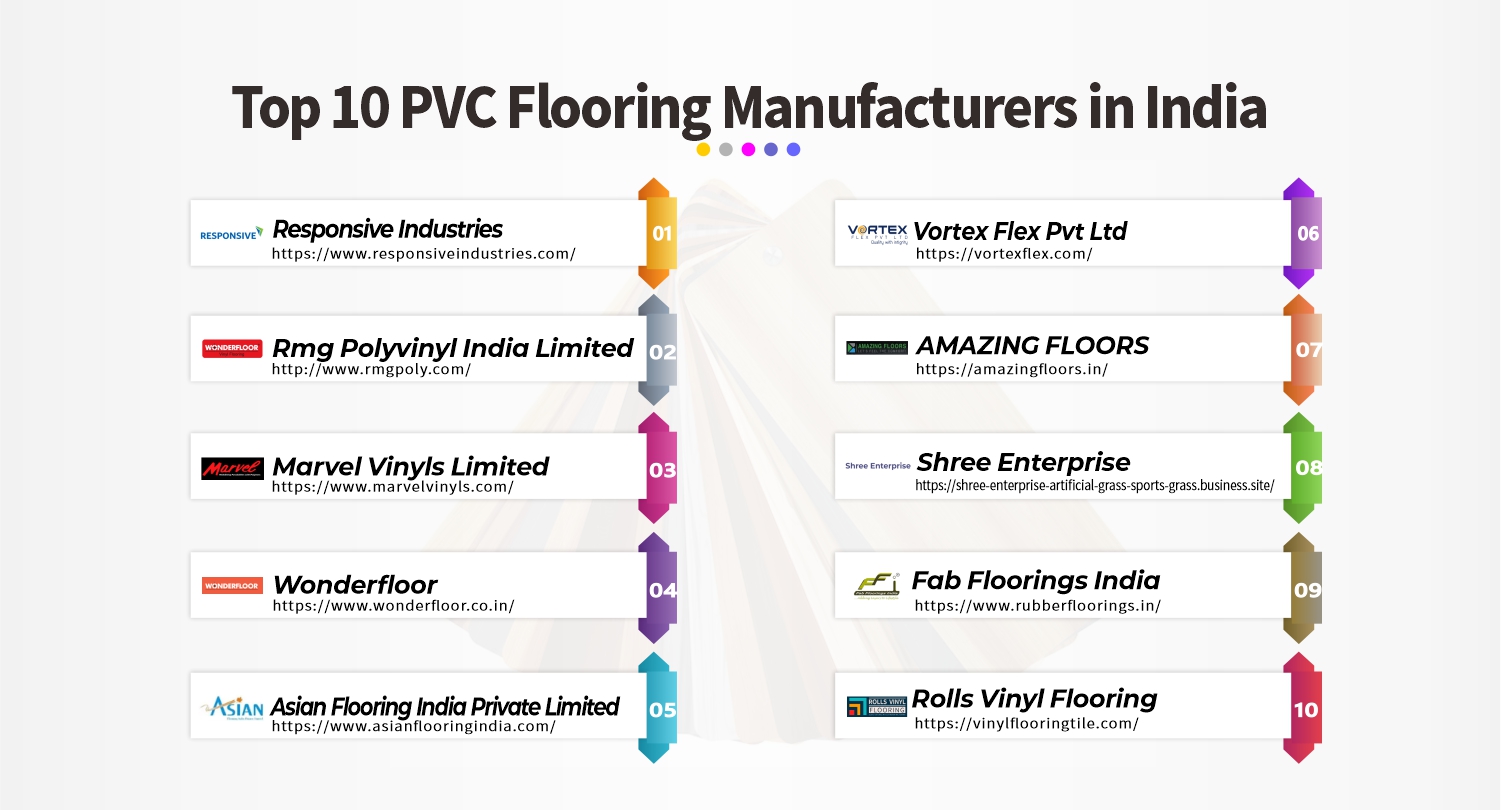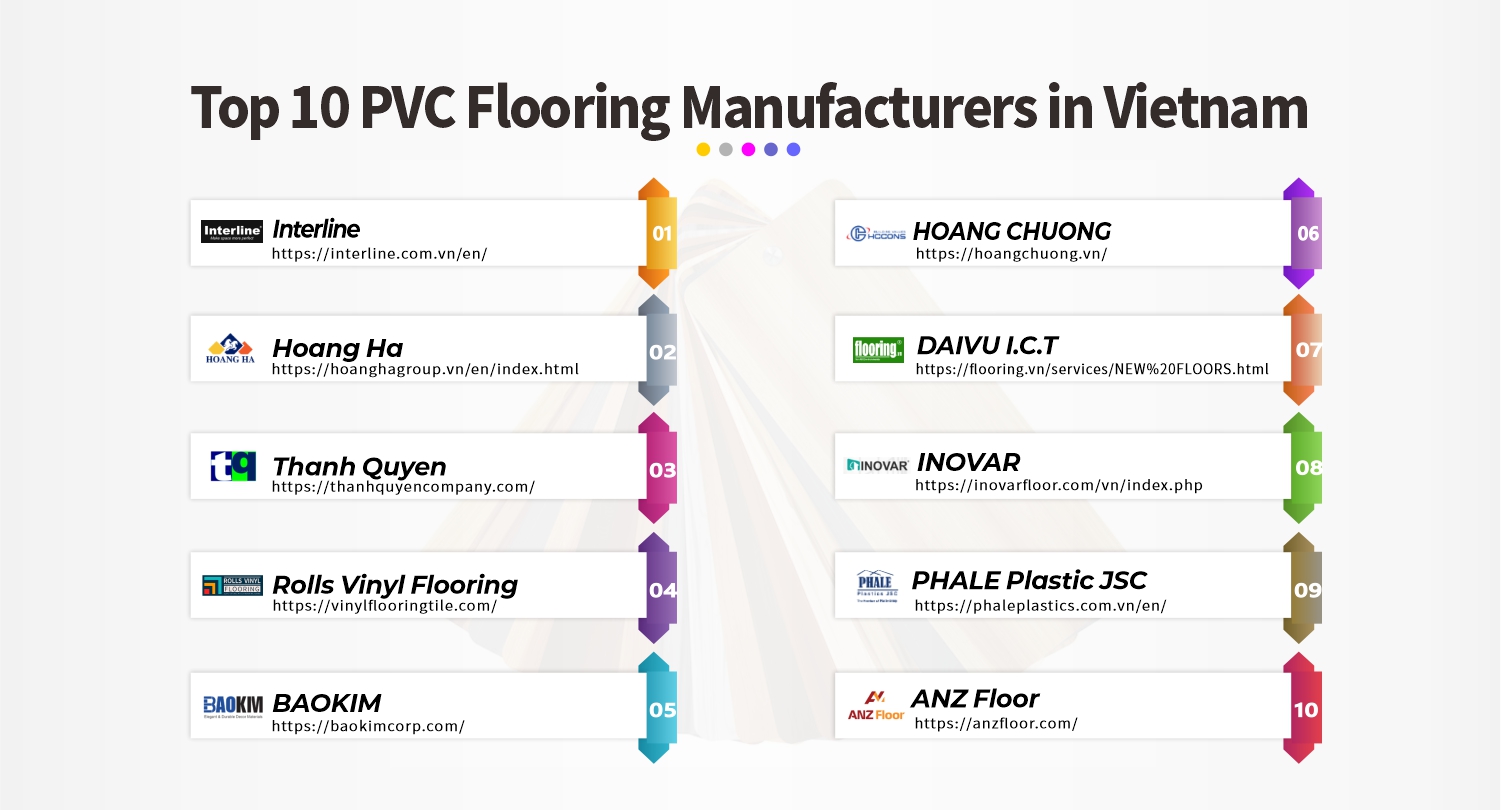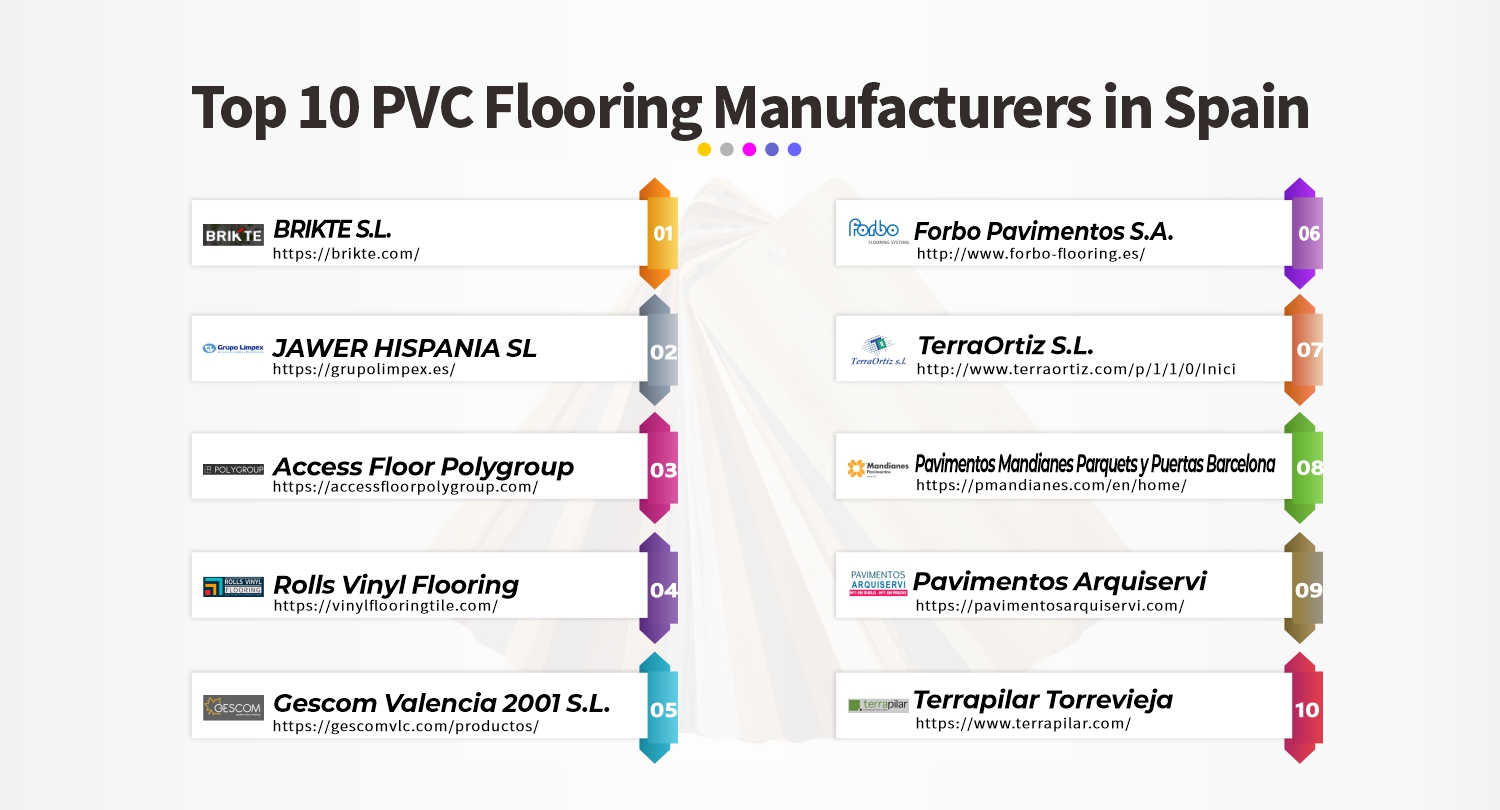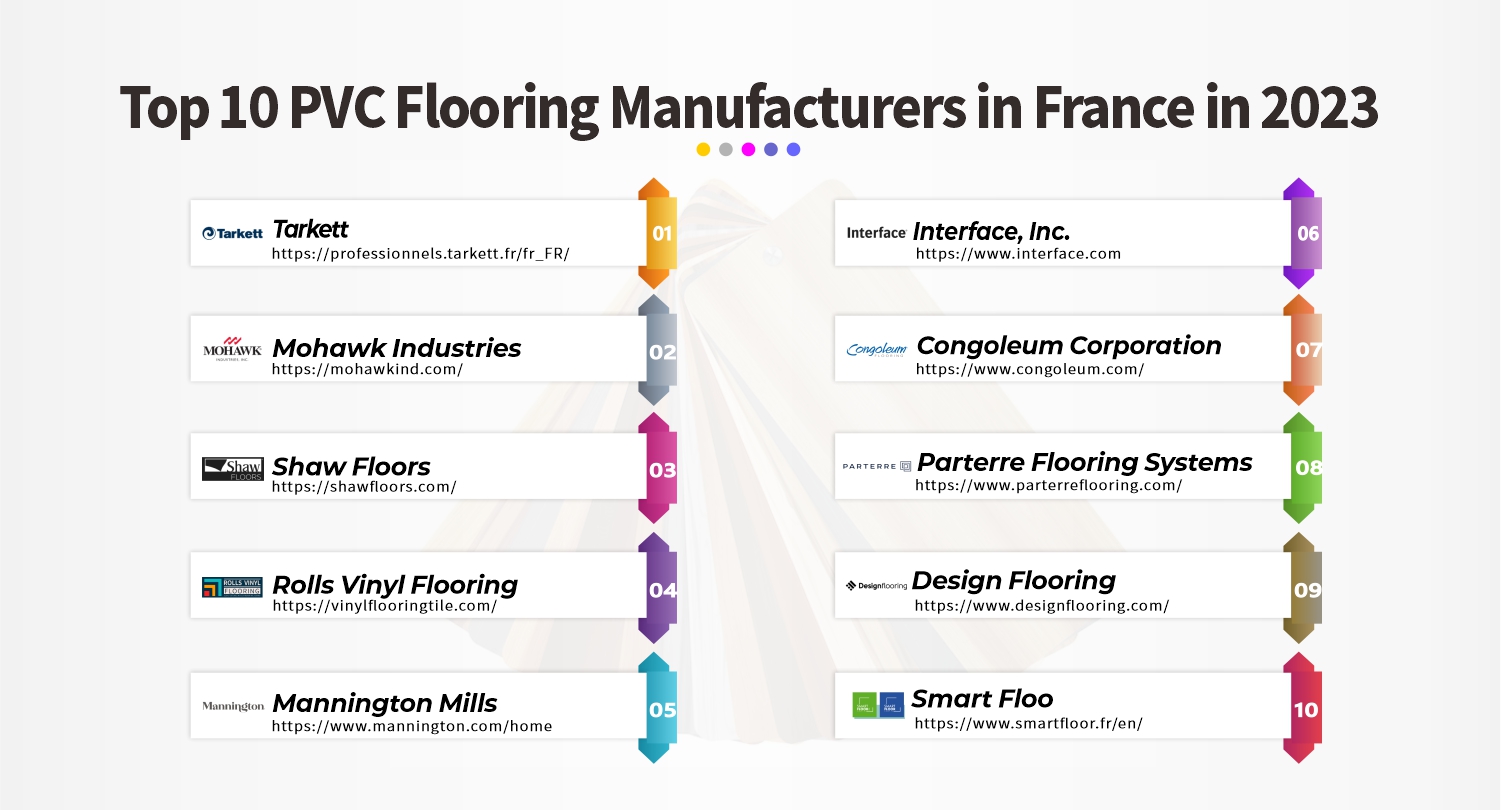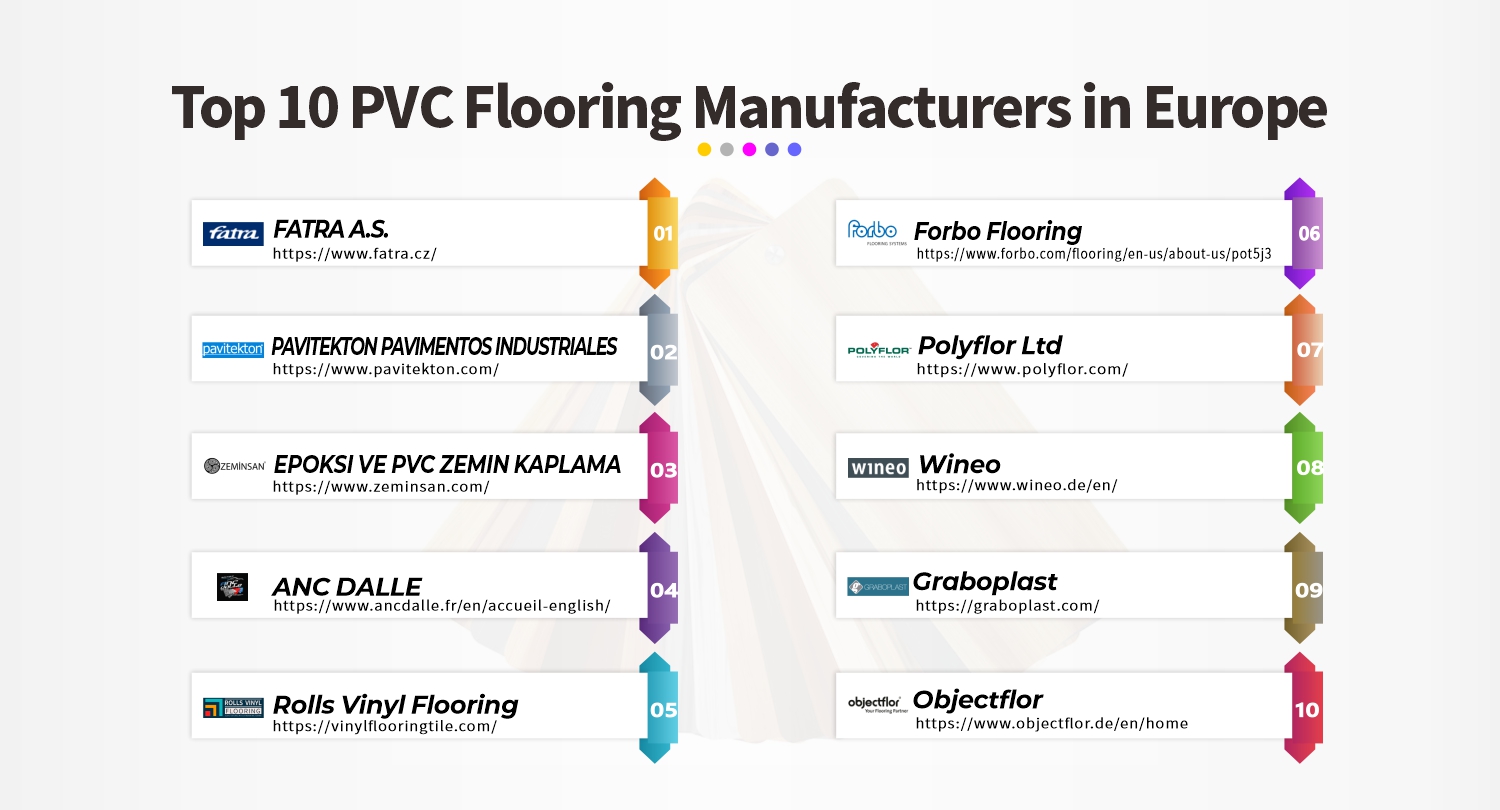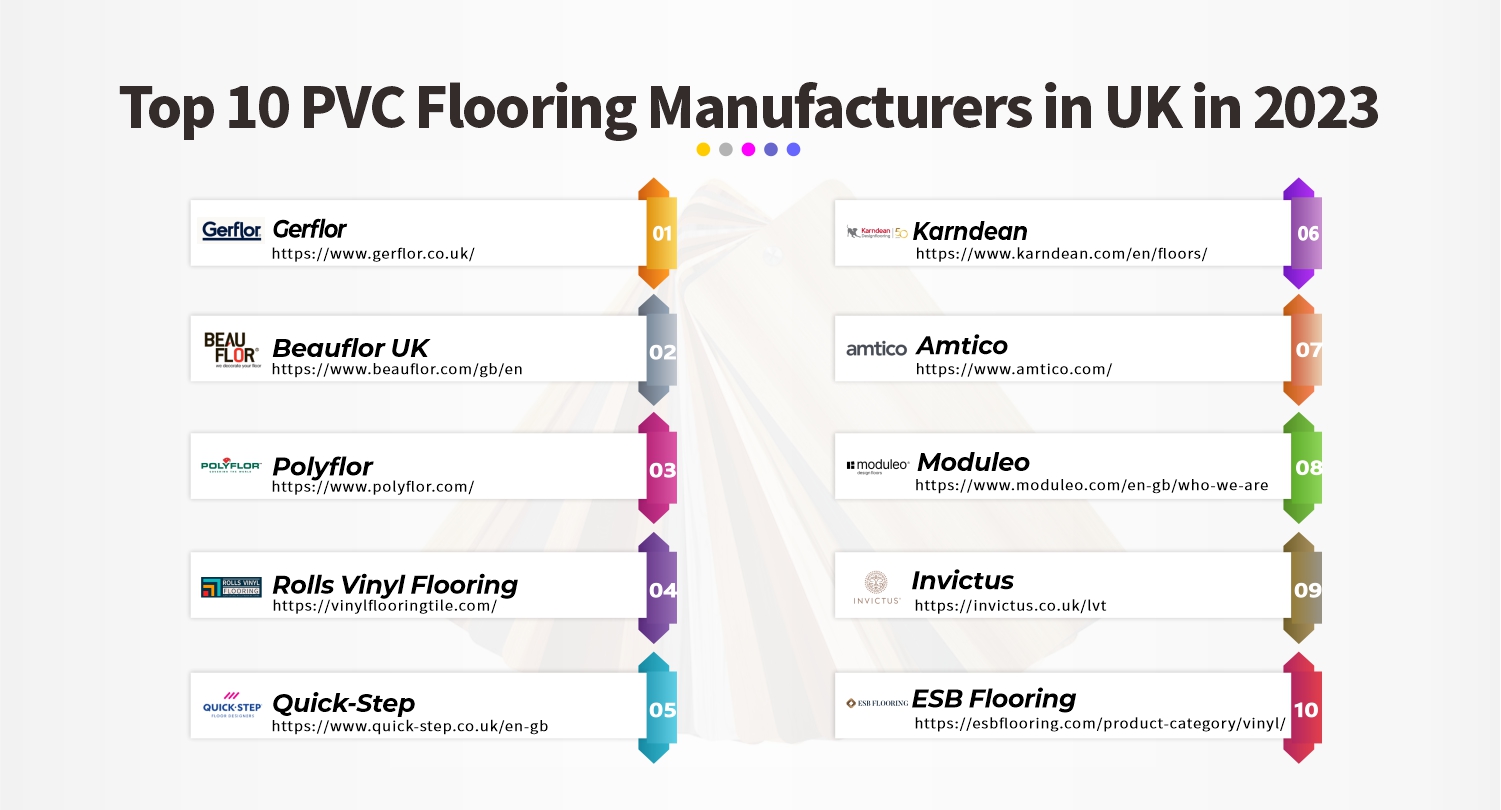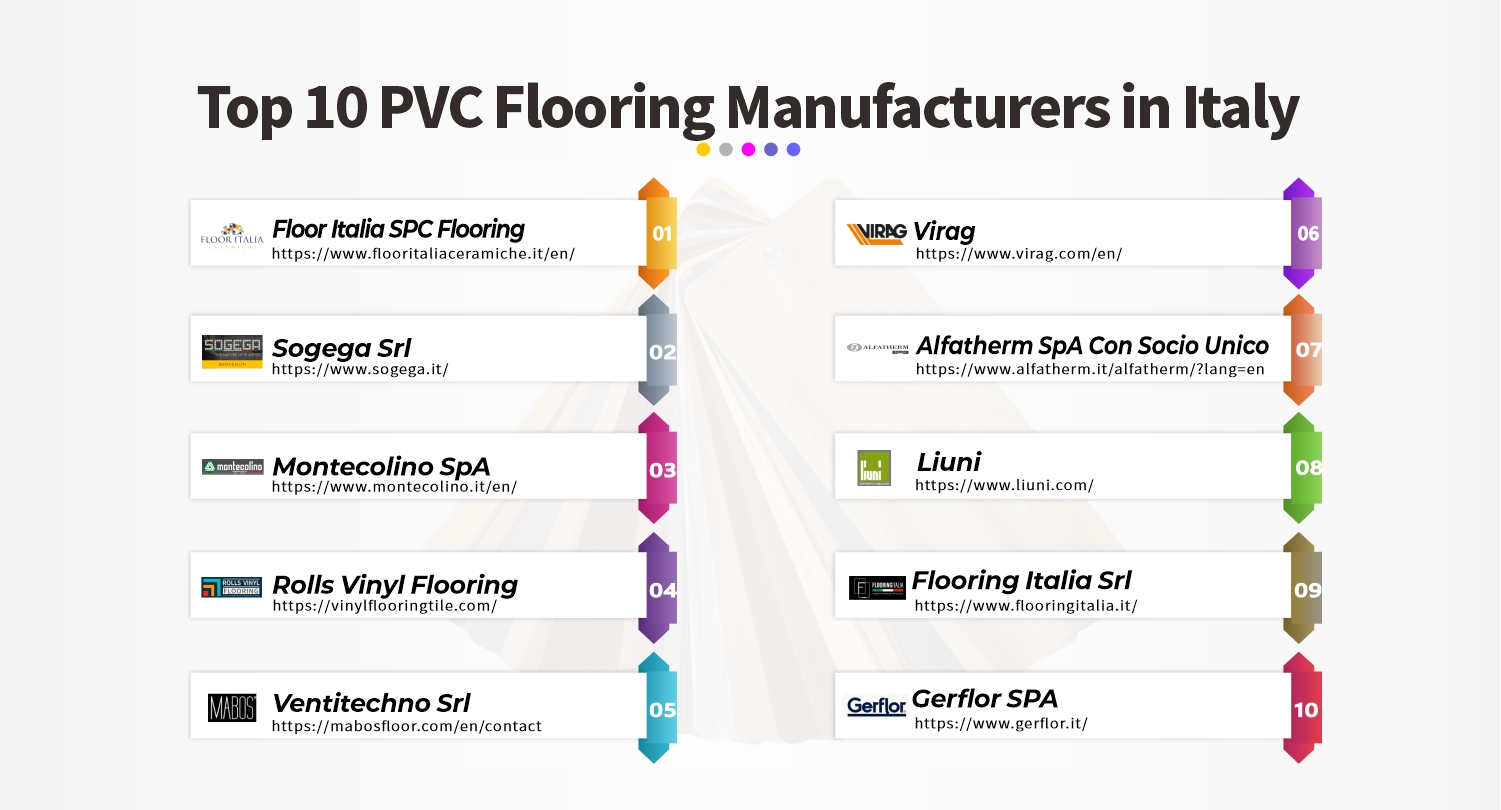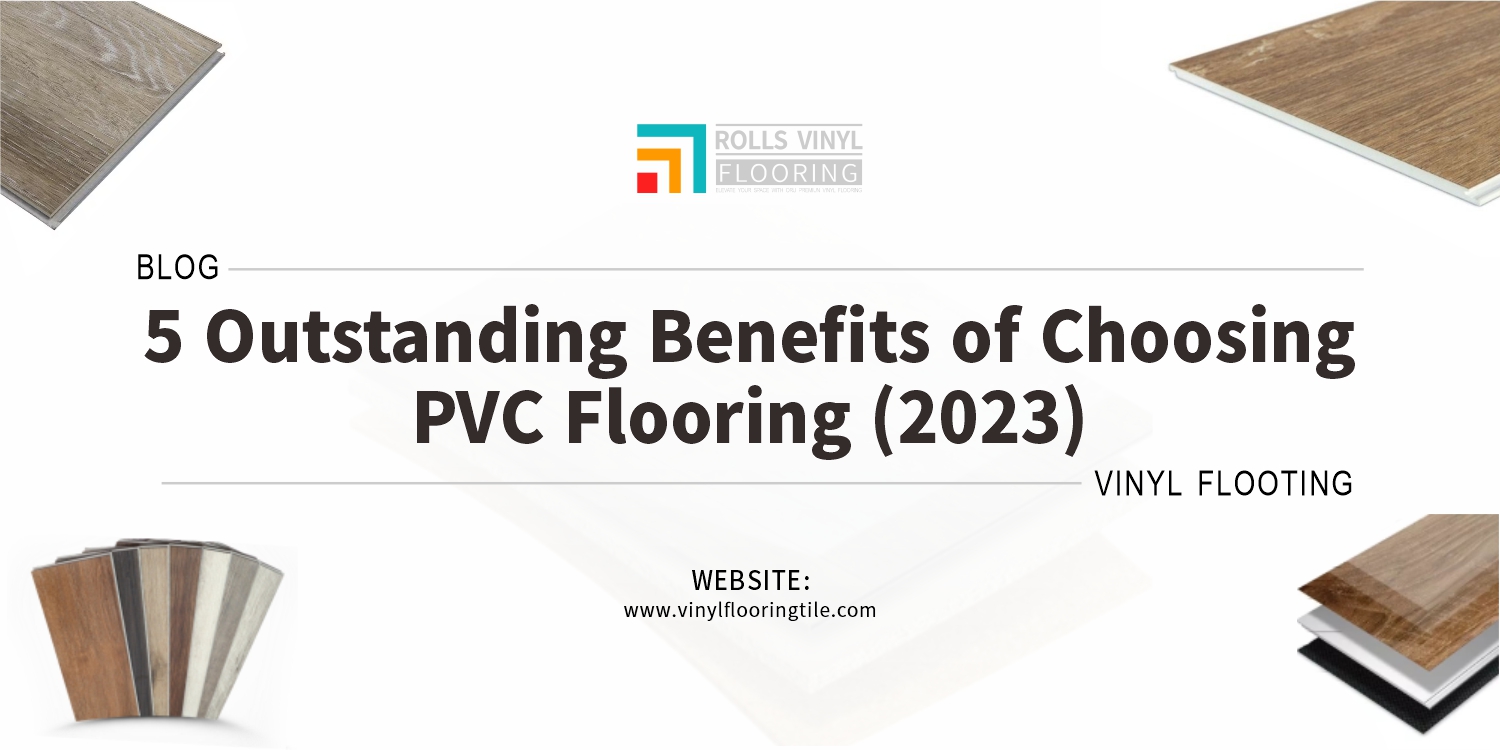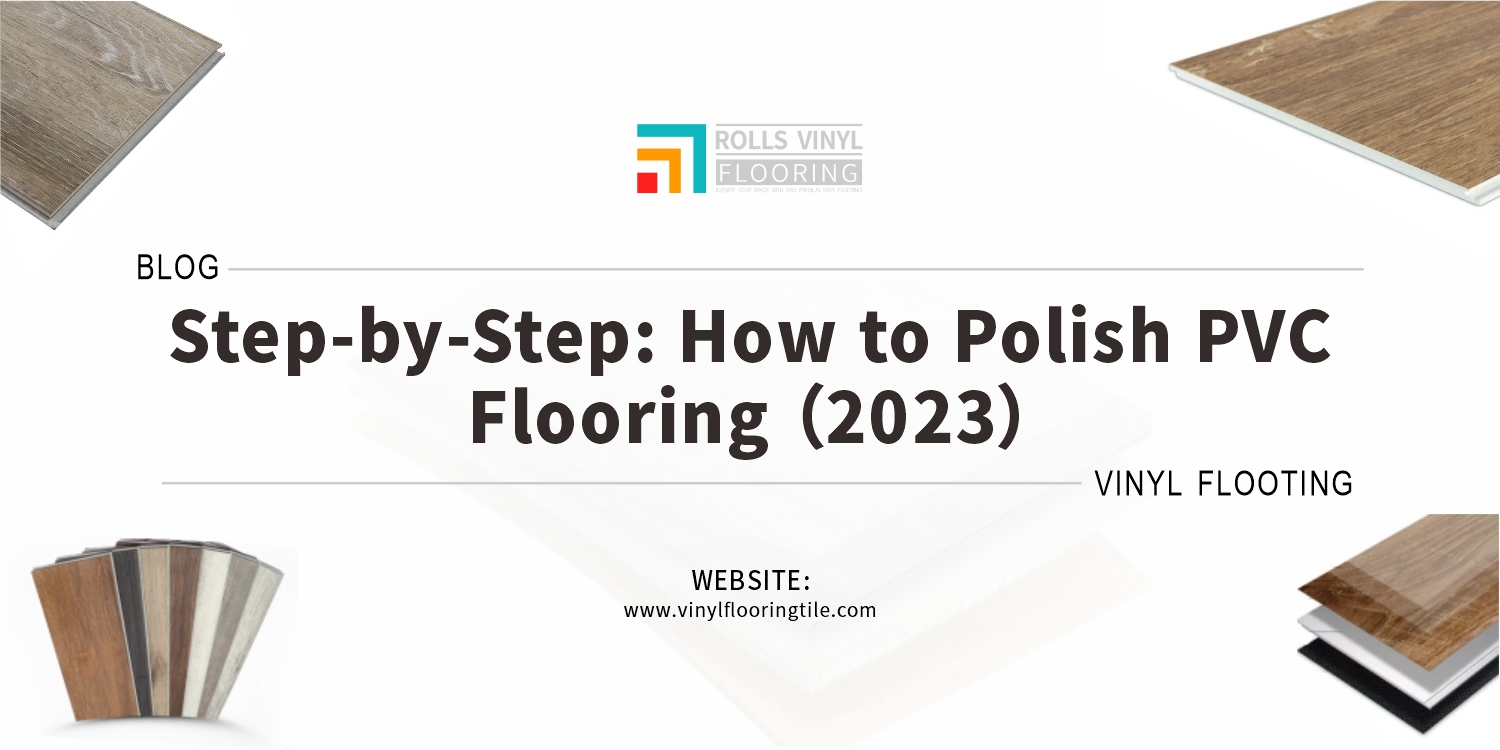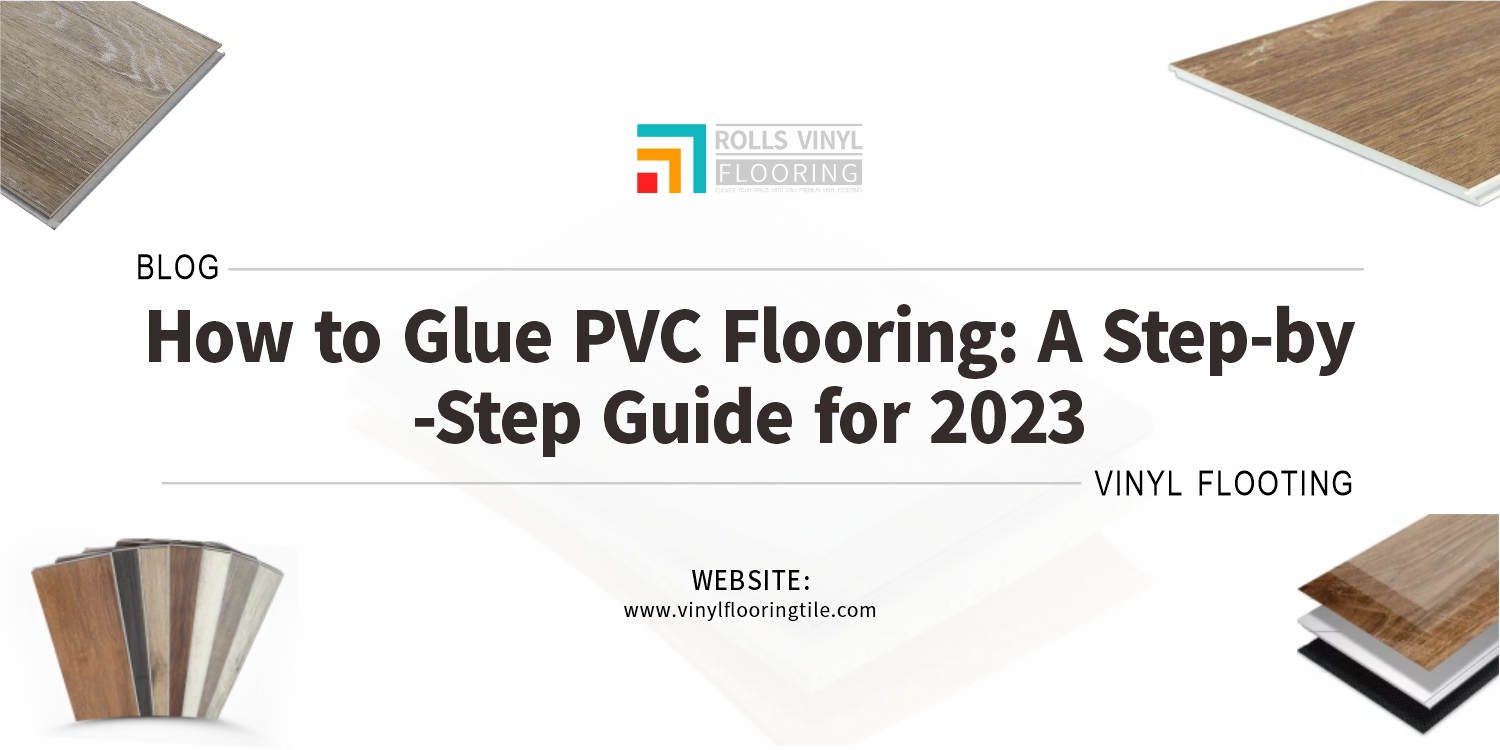If you’re looking for a durable, long-lasting, and attractive flooring option for your basement, consider luxury vinyl tile (LVT) flooring. With its water-resistant properties, LVT is an ideal choice for basements, offering a stylish and practical solution for any home.
LVT flooring is an excellent choice for basements as it is waterproof, durable, and cost-effective. It is easy to clean and maintain, and it won’t absorb moisture which can cause mold and mildew to grow. Installation is relatively easy and can be done quickly, making it a great choice for DIY projects.
Explore the basics of LVT flooring together with its benefits. Know how long will LVT flooring last and decide if it’s perfect for your basement.
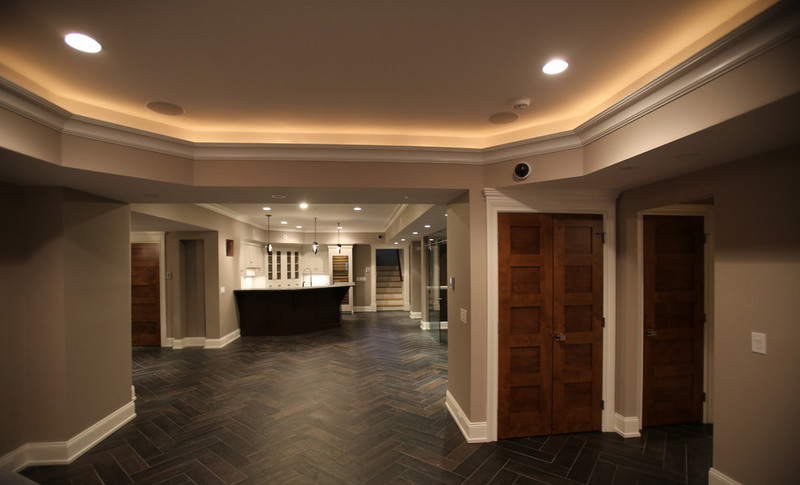
1.Basics of LVT flooring
mainly introduce the definition of LVT flooring
LVT flooring, also known as luxury vinyl tile flooring, is a type of flooring made of a combination of vinyl and limestone, with a wear layer that is resistant to scratches, stains, and moisture. It is available in a variety of colors and styles, including wood, stone, and ceramic looks. LVT flooring is durable, easy to maintain, and cost-effective, making it a popular choice for both commercial and residential applications.
2.Benefits of LVT flooring
water resistance
LVT flooring has excellent water resistance, making it a great choice for basements. It is designed to resist water, which means it’s less likely to warp, rot, or become damaged by water. LVT also has a strong seal which prevents moisture from seeping into the material and causing mold or mildew growth. It is also waterproof and easy to clean, making it one of the most popular flooring options for basements.
LVT flooring is water-resistant due to its core construction. The core is made up of multiple layers of vinyl, which is a material that does not absorb moisture and a waterproof backing layer. This construction creates a moisture barrier, making it resistant to water damage. Additionally, most LVT flooring has a wear layer on top that is also water resistant, which helps protect the floor from everyday wear and tear.
Durability
LVT flooring is a very durable flooring material due to its composition. LVT is made from polyvinyl chloride (PVC) layers, which are then fused under high temperatures. This fusion creates a strong and stable bond between the layers, making them highly resistant to wear and tear. The top layer is also coated with a urethane wear layer, which adds an extra layer of protection from scratches, scuffs, and stains.
LVT (luxury vinyl tile) flooring is renowned for its durability and longevity. It is extremely resistant to scratching, scuffing, and fading, making it an ideal choice for high-traffic areas like basements. It is designed to withstand heavy foot traffic, scratches, stains, and water without showing signs of wear and tear.
various types
LVT is available in a variety of styles, colors, and patterns, allowing you to customize the look of your basement.
A.Luxury Vinyl Plank (LVP)
Using luxury vinyl plank flooring in the basement can be a great way to add value and comfort to the space. Luxury vinyl plank flooring has some advantages over other types of flooring, especially when used in the basement.
It is more durable and water-resistant than traditional hardwood or carpet, which makes it ideal for use in basements where there is a higher risk of water damage. Additionally, luxury vinyl plank flooring is easier to clean and maintain than other types of flooring, since it does not require refinishing or sealing.
Luxury vinyl plank flooring also offers a more modern and stylish look than other types of flooring, making it a great option for creating a fashionable and inviting basement space. The planks come in a variety of colors, textures, and styles, so homeowners can customize the look of their floors to suit their tastes. Luxury vinyl plank flooring is also easy to install, so it’s a great DIY project for homeowners who want to save money on labor costs.

B.Vinyl Composite Tile (VCT)
Vinyl composite tile flooring is an excellent choice for basement flooring as it is durable, cost-effective, and easy to install. Vinyl composite tile is also a great option for basements because it is water-resistant, making it perfect for basements that are prone to moisture.
C.Stone Polymer Composite (SPC)
SPC flooring is an excellent choice for any basement. Its waterproof, scratch-resistant, and fire-resistant qualities make it an ideal choice for areas prone to water damage, heavy foot traffic, or even fire. Additionally, its hypoallergenic qualities and wide range of colors and patterns make it an ideal choice for any basement design.
D.Rigid Core Vinyl (RCV)
Rigid-core vinyl flooring is an excellent choice for basements because of its durability, water resistance, and affordability. This type of flooring is composed of a thick, rigid core layer that is sandwiched between vinyl layers.
This core layer is typically made of stone plastic composite or limestone materials, making it an incredibly durable and water-resistant option. It is also available in a wide variety of designs, colors, and textures, allowing it to blend in with any decor.
The thickness of rigid core vinyl flooring makes it great for basement applications, as it is designed to handle heavy foot traffic and regular use. Installation of rigid core vinyl flooring is relatively simple, as it is available in either a click-together locking system or a glue-down option.
E.WPC (Wood Plastic Composite)
Wood plastic composite (WPC) flooring is a great choice for basements because of its durability and moisture resistance. WPC flooring is a combination of wood fibers and plastic, making it both strong and waterproof. It’s also easy to install and can be found in a variety of styles and colors, making it an attractive choice for any basement.
Cork Underlayment
Cork underlayment provides a cushioning effect that helps reduce the noise of foot traffic and other vibrations. This makes it ideal for basements, which often serve as the hub of activity in a home. The cushioning effect also makes cork underlayment more comfortable to walk on than traditional hardwood or tile flooring.
Acoustic Foam Underlayment
Acoustic foam underlayment is a type of sound-proofing material that absorbs sound waves and reduces reverberation. It is installed directly underneath the flooring, providing a layer of acoustic insulation between the floor and the room below. This can make a huge difference in the sound quality in a basement, as it will dramatically reduce the amount of noise that travels through the floor.
The installation process for acoustic foam underlayment is relatively easy and can be done by a DIYer. The foam is usually available in rolls or tiles, and once installed it can be covered with floorings such as carpet, laminate, or vinyl. This will help to protect the foam from damage and make it last longer.
impact on environment
LVT (Luxury Vinyl Tile) flooring is an environmentally friendly, sustainable flooring option that has a positive impact on the environment. Because LVT is made from recycled materials such as vinyl, rubber, and cork, it is much more sustainable than traditional flooring materials, like hardwood and carpet. It is also free of the volatile organic compounds (VOCs) that are common in many traditional flooring materials.
easy installation and maintenance
LVT (Luxury Vinyl Tile) flooring is an incredibly popular choice for both commercial and residential use due to its easy installation and maintenance. This type of flooring is also very easy to install, requiring minimal effort and time.
The installation process for LVT flooring is straightforward.
- It begins with subfloor preparation, which involves removing any old flooring, inspecting the subfloor for levelness, and cleaning the subfloor.
- The next step is to install the LVT flooring itself. This is done by laying the planks or tiles on the subfloor, either with a click-lock system or adhesive.
- Depending on the desired flooring pattern, the LVT planks or tiles can be laid in a variety of ways.
- Once the installation is complete, it is important to seal the flooring with a sealant to protect it from water damage.
- Maintenance of LVT flooring is also quite easy. To keep it looking its best, it is important to vacuum or sweep the floor regularly to remove any dirt or debris.
3.How long will LVT flooring last for
Talk about LVT flooring’s service span
LVT flooring has an impressive service span that is often longer than many other types of flooring. This type of flooring can last for up to 20 years with proper care and maintenance. The wear layer also helps to protect the floor from scratches, scuffs, and other damage that can occur over time.
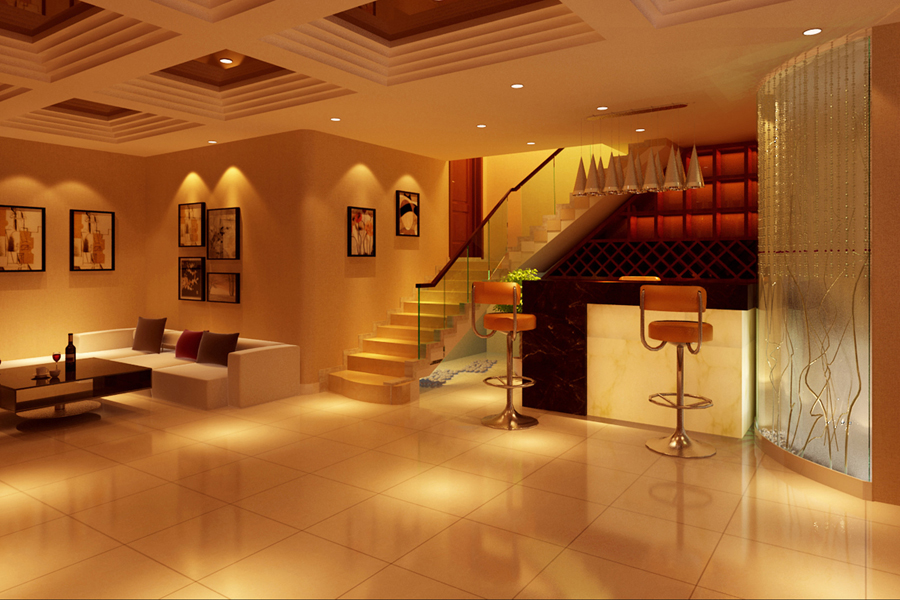
It also resists moisture and mildew, so it can be used in basements and other areas with high humidity. With proper care, LVT flooring can remain looking like new for many years to come.
LVT flooring offers a wide range of benefits, making it an ideal choice for a basement floor. It is waterproof, durable, easy to maintain, and comes in a variety of designs and colors, allowing you to customize the look of your basement. With all of these benefits, it is clear that LVT flooring is an excellent option for any basement.

